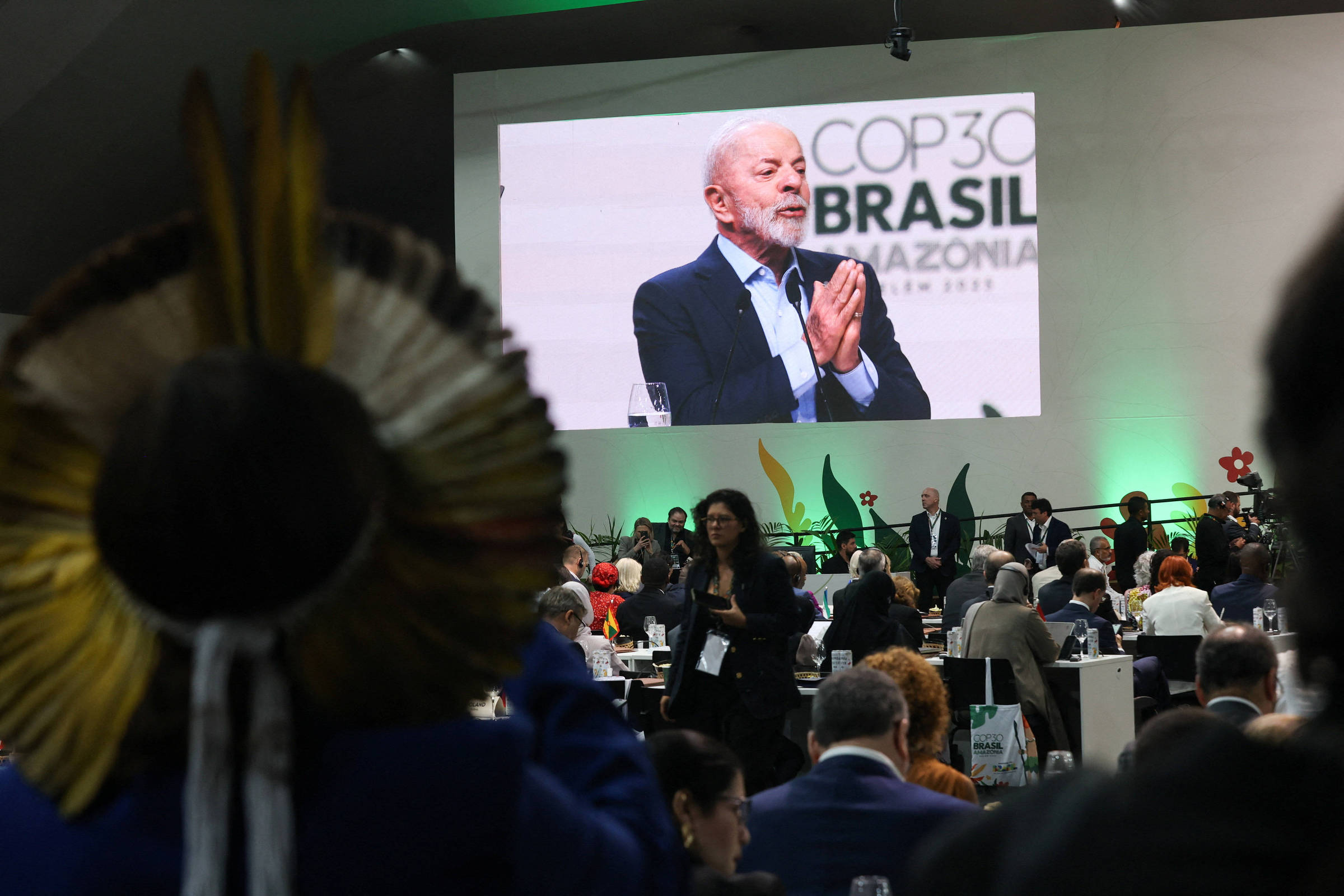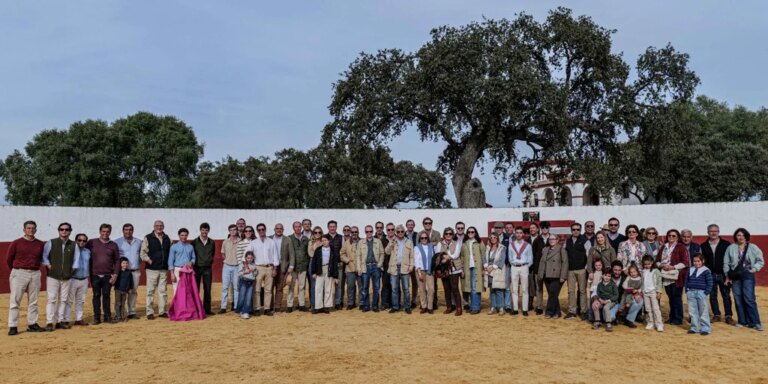
After the climate summit, heads of state and government will meet to discuss climate change, and Belém will actually host COP30 (United Nations Conference on Climate Change) starting this Monday (10th).
While preliminary rounds by world leaders laid out general guidelines for discussion, the conference itself, scheduled to run until November 21, will bring together a series of technical discussions on more than 100 negotiating fronts in the climate change debate.
The Brazilian government is calling this event the COP of Implementation because it claims to demonstrate in a practical way how the world should meet the climate change goals already agreed in recent years. There will be a series of agenda items for action, according to the official schedule of the United Nations (UN).
Ana Toni, CEO of COP30, said climate change adaptation was one of the key issues addressed at the event. “As important as mitigation continues, we are already entering an era of climate disaster and having to learn how to adapt to a very different planet,” he said in a recent C-level interview. sheet.
“At our COP, if all goes well, we will agree on global adaptation indicators. Once we get this, multilateral banks will use the same indicators,” he said.
Possible indicators include access to water resources and food security. Based on these, countries and institutions can develop actions to deal with the problem more effectively.
Another expectation relates to the fossil fuel debate. At COP28 in Dubai, the world pledged to move away from the use of these substances, but there is still no concrete plan to achieve the goal, including a deadline. Environment Minister Marina Silva says there should be a roadmap to achieve the goals.
schedule
This Monday will see the opening plenary session of the COP, the subsidiary bodies (teams that provide technical support for discussions), and the first round of negotiations.
The meeting brings together delegations from all countries (the so-called Parties), as well as observers, NGOs (non-governmental organizations), international organizations and representatives of the press.
Formal agendas have been approved for the COP (on climate change), CMP (on the Kyoto Protocol), and CMA (on the Paris Agreement) discussion instances.
On the same day, a series of other events will begin at the Events Pavilion. The event pavilion will feature several organizations that can register and have been vetted by the organization. The Brazilian government itself has several agenda items planned, including discussing the participation of state-owned companies in the climate change debate.
On Tuesday (11th), the organization had scheduled a coffee on ETFs (the Enhanced Transparency Framework created by the Paris Agreement). An Earth Information Day, an impact assessment focused on economic diversification and a just transition, is also planned.
During the first two days, discussions will focus on adaptation, cities, infrastructure, water, waste, local government, bioeconomy, circular economy, science, technology, and artificial intelligence.
On Wednesday (12th), a dialogue meeting will be held on Article 6, Paragraph 2 of the Paris Agreement, which sets out rules for cooperation between countries in reducing emissions. One country would be allowed to transfer some of its greenhouse gas reductions to another, as long as both countries maintain transparency. Events are also planned, including an update session on greenhouse gas monitoring processes.
Negotiations on Article 6.2 will continue on Thursday (13th) with a youth-led climate forum (a dedicated space for youth-led activities within the COP) and a briefing on progress on greenhouse gas monitoring.
During this period, the Global Ethics Review, a joint initiative of President Lula (PT) and UN Secretary-General António Guterres, will also be published. The aim is to bring a range of contributions from civil society to COP30 to limit the rise in global average temperature to 1.5°C compared to pre-industrial levels.
These two days should focus on the themes of health, work, education, culture, justice and human rights, information integrity and workers.
A series of dialogues with indigenous peoples and local communities is planned for Friday (14th). However, the main focus should be on continuing negotiations.
The plenary session of the subsidiary bodies will close on Saturday (15th). High-level talks with ministers regarding the Paris Agreement are also scheduled. The two days will focus on energy, industry, transport, trade, finance and carbon markets.
Nothing is scheduled for Sunday (16th) and the meeting will return on Monday (17th) to focus entirely on negotiations.
On Tuesday (18th) there will be a dialogue on adaptation, which in the opinion of the Brazilian government is one of the most important points of the event. Discussions at the Youth-led Climate Forum have also concluded, and the Third Ministerial Roundtable on Just Transition will take place.
The day’s events will focus on forests, oceans and biodiversity, as well as indigenous peoples, local and traditional communities, children and youth, and small business entrepreneurs.
The adaptation dialogue will continue on Wednesday (19th) with a new high-level ministerial meeting scheduled. The penultimate Thursday (20th) was completely reserved for negotiations. A closing session is scheduled for Friday (21st), but the COP typically extends negotiations until the next day.



